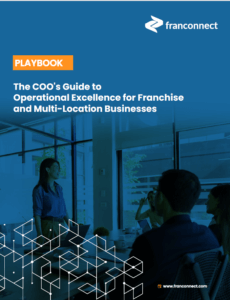Food safety professionals know that maintaining compliance and delivering quality requires more than just meeting the basics. This infographic offers a strategic path to elevate your operations and achieve unmatched safety standards.
Why Download This Infographic?
- Actionable Insights to Strengthen Protocols
Discover practical steps to refine your food safety procedures, minimize risks, and create a culture of accountability across your organization.
- A Clear Framework to Assess Maturity Levels
Identify where your organization stands on the food safety maturity scale and uncover specific actions to advance to the next level.
- Data-Driven Strategies to Enhance Compliance & Efficiency
Leverage the power of technology and analytics to streamline operations, improve audit readiness, and proactively prevent compliance issues.
This infographic is a guide to transforming how you manage food safety, ensuring consistency, and staying ahead of risks in an evolving industry.
Take the First Step Toward Safety Excellence
Fill out the form now to download the Food Safety & Maturity Model Infographic and gain the insights you need to lead your organization to food safety success.








 Ian Walsh
Ian Walsh








